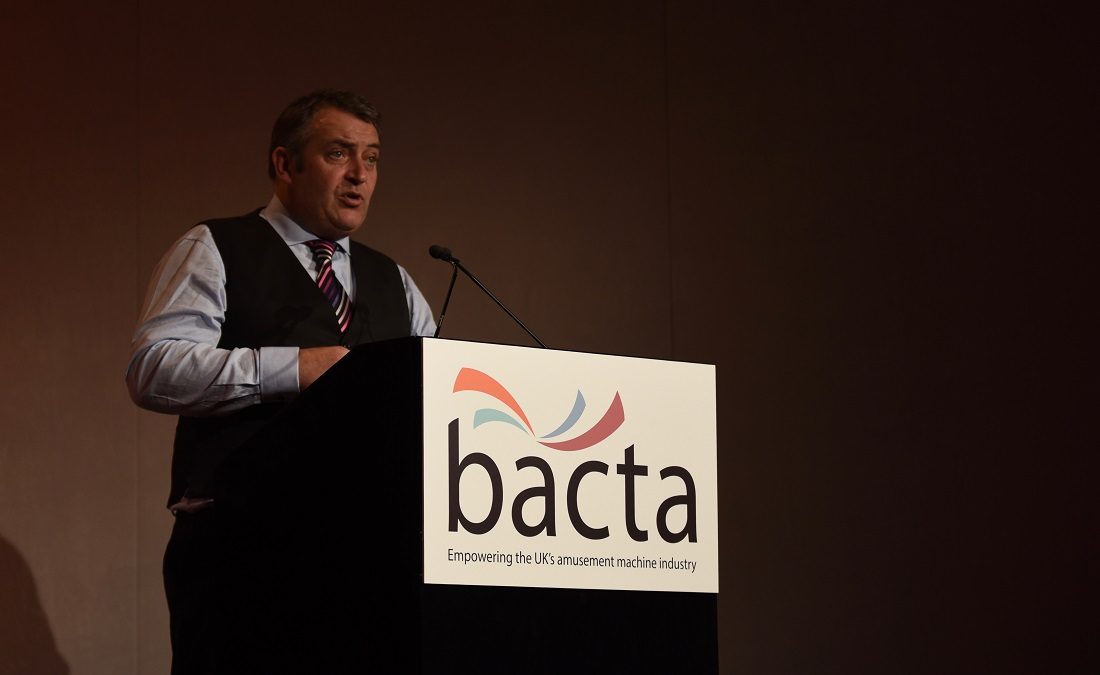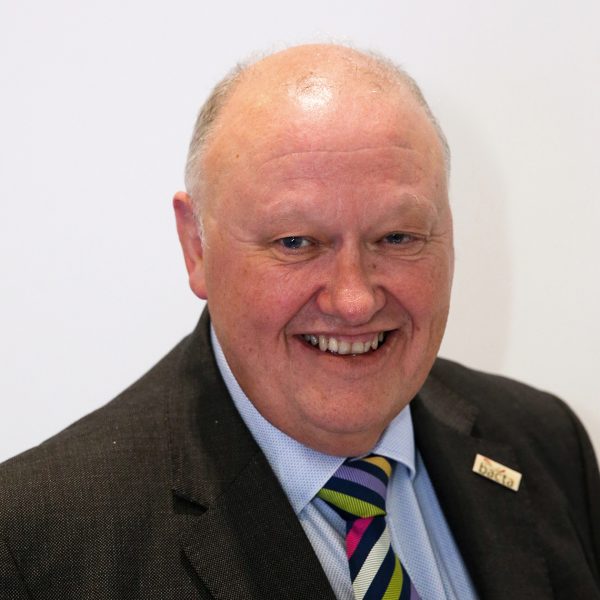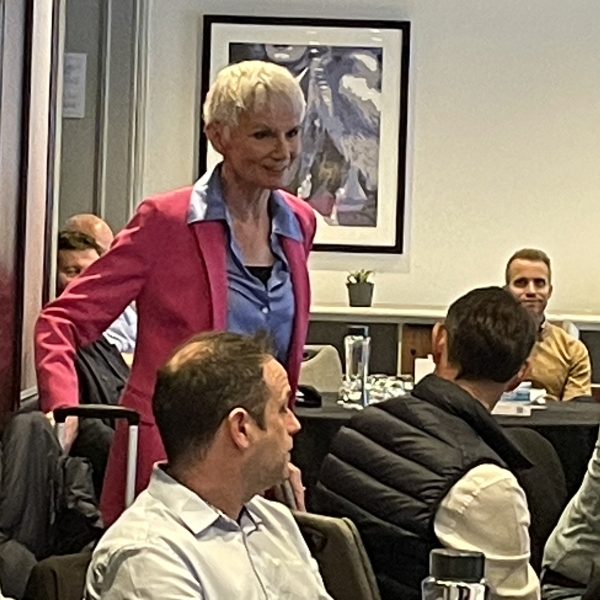Social responsibility has forced its way to the top of the industry agenda and, says Euromat president Jason Frost, it’s likely to hold that place for some time. Talking at the recent SR Exchange run by Bacta, he outlined how some sectors are ahead of the curve, whilst others, notably online, still have some way to go in achieving acceptable regulation.
Euromat president Jason Frost is clearly enthused by what the amusements industry has achieved in the social responsibility arena; it could, he contends, become a leader in the programme’s development across the continent.
It’s a big vision from the man from Cornwall who drives the interests of the European gaming industry on the international stage. “I hope this is the start of a process that helps people engage with the industry, listen to people who work within the industry, and learn from those people who work within the industry,” said Frost.
“The UK is widely held aloft as having the best regulated gaming industry, and not only that, we’re held aloft has having the best offering of social responsible gaming in the land based sector.”
To continue that pioneering regulatory progress, Frost was to quick to point to the work undertaken by Bacta’s social responsibility and compliance committee, headed by Simon Bradbury and supported by three member associates.
“Together they visit Bacta members, they evaluate Bacta sites, they conduct training, they offer help and assistance to members and their staff whenever it is required, and I am unaware that there is any other association in the gaming sector that does this.”
Frost also took the opportunity to respond to GambleAware CEO Mark Etches’ speech, aiming to specify what place the amusement industry actually occupies in widely-reported, and generalised, critical figures.
“One of the points that really stick with me is the 370,000 children that have gambled in the last week, and the 31,000 identified as problem gamblers – more has to be done on this,” said Frost. “The elephant in the room for me, is online gambling.”
Referencing a recent statement by the Remote Gambling association, Frost recounted the group’s claim that the online operators felt “a huge responsibility to get to know their customers better.”
The report, included as part of a Sunday Times article on gambling among young people, outlined that the online industry was implementing controls designed to be “more effective than the blunt instrument of stakes and prizes.”
The article also included a comment from the UKGC affirming it is “not currently calling for stakes to be reviewed online,” maintaining that, compared to land-based facilities, “online operators have much more information available.”
“I disagree,” countered Frost. “We have in our sector, as well as our social responsibility and compliance measures, eyes on the customer. Can online operators see if a player is drunk, on drugs, clearly showing signs of distress, or whether they are underage or not?”
Reinforcing this, Frost added that though the amusement industry has always viewed age verification as “a stickler,” the same could not be said for the insufficiently regulated online sector.
“In an AGC when you have an age verification test under the Primary Authority protocol for testing, you must ask the tester for their ID within one minute of entering your venue. Online, they have to prove their age within 72 hours.”
“So do they really know their customer? I believe there is no better social responsibility than human responsibility, and no better way of controlling what a player spends than stake and prize limits.”
This article was originally published on www.coinslot.co.uk




